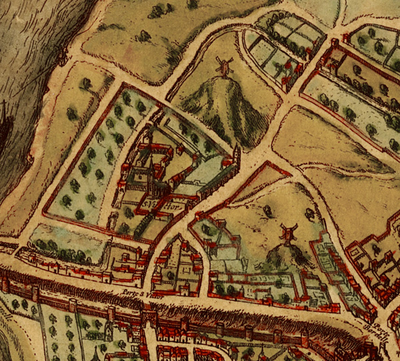The emotion of Shame in Medieval Philosophy
DOI:
https://doi.org/10.13135/2038-6788/8862Keywords:
Aquinas, Aristotle, Augustine, Gabriele Taylor, Medieval Philosophy, Richard of St. Victor, ShameAbstract
In her book Pride, Shame and Guilt (1985) Gabriele Taylor argues that there are two factors in each case of shame: a self-regarding adverse judgement that one is degraded and awareness that one ought not to be in the position of being seen by a possible detached observer. Taking this as a starting-point, I first show, perhaps unsurprisingly, that there is a tradition in ancient and medieval philosophy in which the emotion of shame is understood in roughly the same way as in Taylor’s book. This is exemplified by Aristotle and Aquinas. My second point is that there is another tradition in which shame involves the thought of being degraded which, however, does not include the standpoint of an objective observer. This is Augustine’s theory of shame as a common feature of human consciousness. I also comment on Richard of Saint Victor’s twelfth-century theory of good shame, which combines elements of caution, guilt, and modesty.


